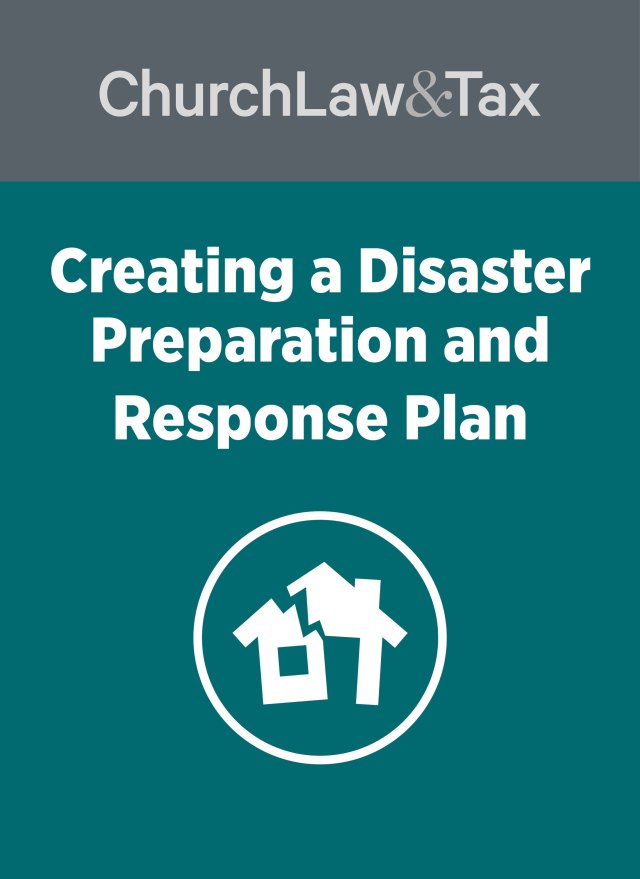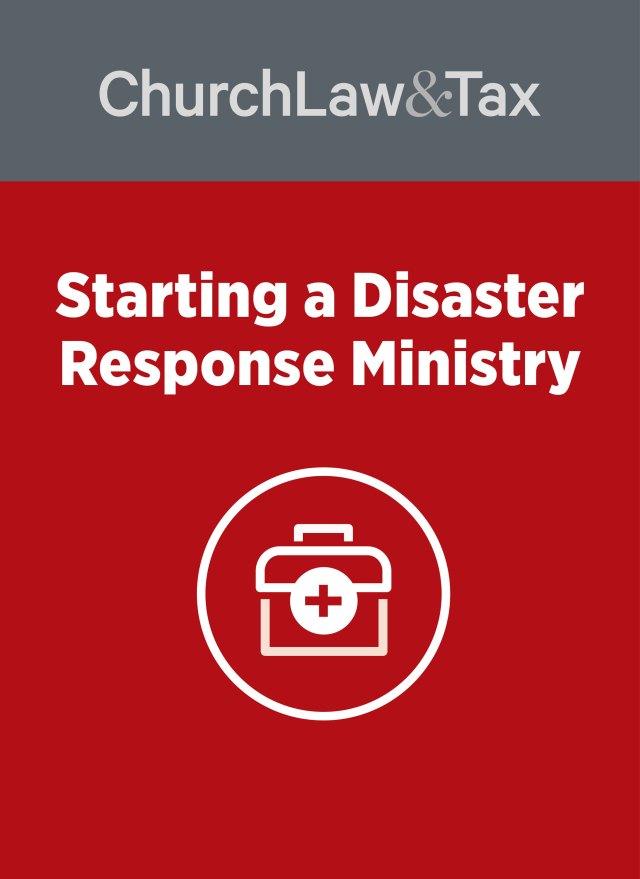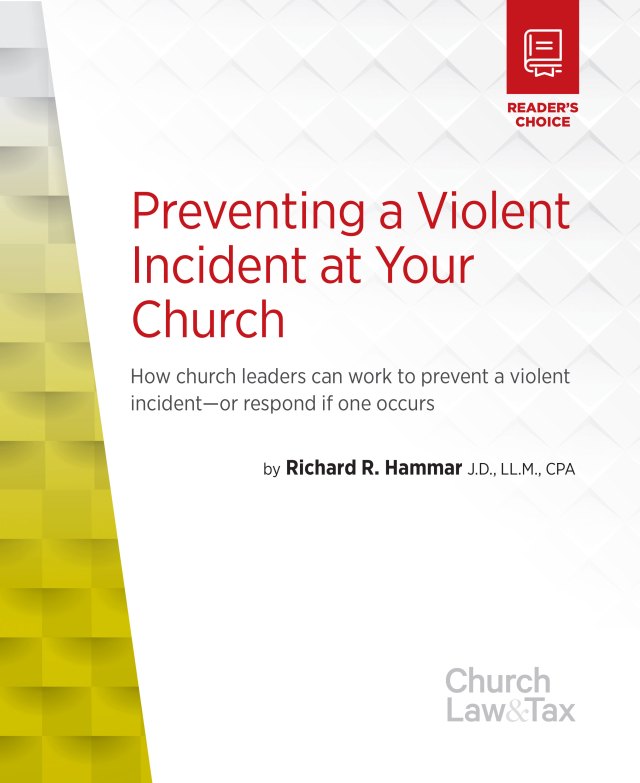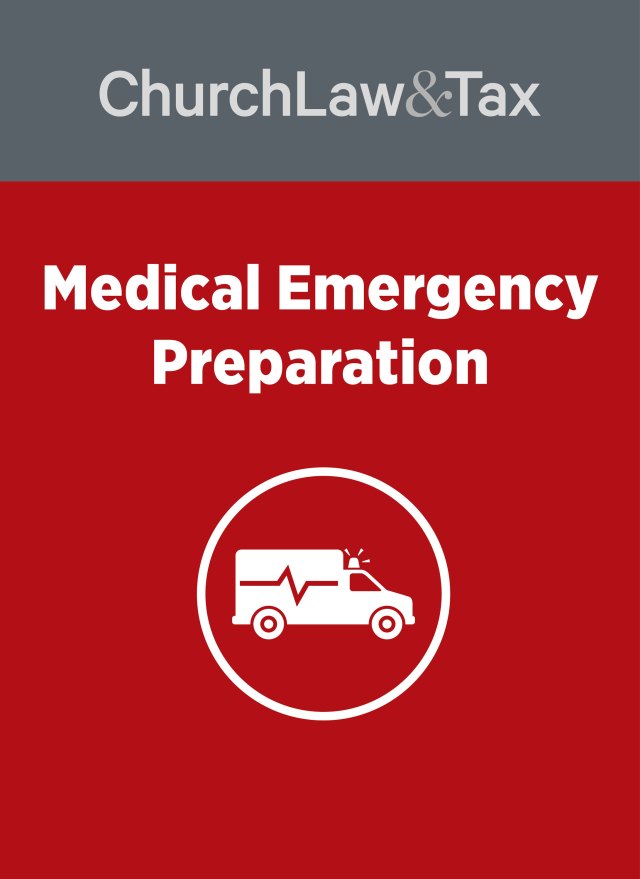How did you originally get involved with trauma relief work?
Picture this:
We’ve just moved from Chicago area down to south Mississippi. Our cell phones have no signal. We live in the country, no TV signal yet. The cable guy is coming on Monday. We know a storm is coming, but it’s supposed to hit on the other side of Louisiana. So we go to church on our first Sunday in Mississippi, and we know no one there. The pastor gets up that Sunday morning and says, “If you remember Camille, then you know what I’m about ready to say.”
My wife turns to me and says, “Who’s Camille?”
I joke and say, “Well, she must have been in the Old Testament.”
And then he goes on to talk about Camille being one of the worst disasters to ever hit the US.
Then he talks about Hurricane Katrina, and how the storm has shifted and is actually aiming to come right over where we lived.
And it did.
One of the things that I saw from that firsthand experience was that the church was both uniquely ready and prepared to be able to respond to a disaster, but at the same time, not as prepared as they could have been if there had been more outside of them that was set up to help the local church respond to disasters. Getting to see that firsthand got me started doing research on the role of the local churches in responding to Hurricane Katrina. From there, throughout the US, and globally, I got to do research and help people. And then I received the opportunity to come to Wheaton College to start the Humanitarian Disaster Institute.
Our vision and mission is to equip the church and faith-based organizations to better prepare for, respond to, and recover from disasters.
Church leaders tend to think about disaster readiness in forms of responding. What do you see as the strongest preparation that they can make for something before it happens?
If we’re only thinking about response, we’re probably not going to be effective. It starts with being ready and being prepared. Otherwise we’re going to be less effective in our ability to respond. And I would really encourage every church to think prayerfully about what their church is called to do.
How does your church theologically understand disasters? Because that’s going to help you understand how to best respond after disasters. Sometimes we almost disconnect our response from who we are as a church. Instead of looking haphazardly for something to do to help, ask your church, “What is it we already do well?” and start there. Think about what your church does well and how you can pivot during times of disasters, and take that gifting you already have—the skills, the knowledge, the relationships—and be able to adapt that to respond to a unique need in a disaster.
Are there different theological camps that people are in when it comes to looking at disaster?
After Hurricane Katrina, the Episcopal Church started a really unique program where there were a lot of people who lost their homes, got insurance payments that came in, but still could not get back into their home because there was a gap because the cost of materials and work went up. The Episcopal Church actually created these micro loans to help people get back into their own homes. The Episcopal Church has a very strong social justice theology, so there’s a direction connection between their beliefs and how that unique program came about.
There were some Baptists churches that we had worked with after Katrina, and several of the churches had a lot of people that worked in the pine industry, a lot of folks that worked with their hands. Their biggest ministry became a chainsaw ministry. You know, we wouldn’t necessarily think about chainsaws as being this great theological witness. But I tell you what, it really was. That it allowed them to meet a very practical, unique need and allowed them to be a witness of Christ by using the gifts and skills that they already had.
We need to make sure that our helping is really meeting the needs of the local communities impacted and that we’re not mistakenly trying to meet our own needs as the helper. And so even though we want to help and a lot of us want to just jump in, I would really encourage churches to try to make connections with relationships or community members or churches that they already have in place and to work through them to find out what is it you actually need. Don’t just send supplies blindly.
Find out what the community needs. If a church says they need quilts, dollars, whatever—that’s what you supply. Don’t just blindly send, because you’re likely going to overwhelm the local infrastructure.
I started by encouraging churches to connect with a local church, but it’s also important to remember that you don’t want to overtax that church you’re connecting with. If you don’t have a local relationship, find a reputable, recognizable group to either volunteer with or donate money. Dollars can go a long way in helping. Oftentimes we want to do more than that, but it can really make a huge impact because that allows the local community to figure out how to use those needs.
In terms of volunteering, they do need people on the ground. They need hands and feet that can be there to help serve. But again, don’t just parachute in, because if you parachute in what’s going to happen is that you’re going to overwhelm the local capacity. You don’t want the local church in a disaster area stuck with trying to figure out where to house you and get your meals instead of using that time to take care of their own church members or community members that are currently displaced. Find an organization like Samaritan’s Purse or Red Cross to be able to volunteer with.
That makes a lot of sense. It’s kind of like having house guests when you just had a flood in your basement.
Exactly.
How do you see disaster response by the church looking different if you’re going somewhere internationally versus in the US?
One of the things that I’ve heard in every major disaster that I’ve been a part of researching or helping in some capacity has been that after about six months, maybe a year and then a little further out, you start hearing people start saying things “They’ve forgotten us.” Most of the money and most of the help comes all at the very beginning, but that’s only one phase of a disaster lifecycle. For many communities it can take years, if not even a decade or more to fully recover. Churches need to be aware that there’s not only help that’s needed at the early onset, but in a lot of ways there’s even more need in the long term for those impacted international communities.
What’s the best way to be able to meet the spiritual and emotional needs of people who have just gone through a disaster?
I would encourage everyone to think of all of your interactions, no matter what you’re doing, as a way to ask, “How can I meet these people’s spiritual needs?” If you’re building a house, you’re going to have encounters that will provide you opportunities to meet emotional and spiritual needs.
We took some Wheaton College students out after the flooding here in our own community to help mud out a house and work in a distribution center. And the students all shared stories at the end of the day about how they had all these unexpected moments that just came out of helping that created space where they could listen to the stories of others. When we think about helping spiritually and emotionally, we need to think about practicing a ministry of presence.
A theme I’ve heard from our work, whether it was in Katrina or Haiti or in Japan, in all these different places, is pastors who have said, “I felt totally unprepared to deal with the needs, the emotional and spiritual needs that many people brought to me. And I would even at times wonder when they would leave, Is this person going to be okay or are they going to harm themselves?“
But one of the things that they’ve all said is that they felt empowered once they learned about the way of helping through ministry of presence, which is really just listening and being with someone going through that experience. I would really caution against “bumper sticker theology.” We can’t give people easy answers. We need to give people space to allow them to mourn, to be angry, to wrestle with God.
Can you distinguish between the short-term and the long-term needs of a people who have just been devastated by a natural disaster?
Early on, the main goal is to help meet the most basic needs. It’s largely about meeting basic necessities such as housing, food, and water. And helping people with those immediate questions, like, “Where was God?” and “Why did this happen with me?”
You don’t have to have an answer, but it’s important to be there, supporting them in that time. Over time there is more opportunity to provide that long-term healing.
As time moves on, and people’s basic needs are met, that’s when people start grappling with emotional struggles. So being aware that many people, after they start getting some physical needs met, will start realizing that there are emotional or spiritual needs that also need to be met, is really important. You can come alongside them in that way.
And then even further out, you need to keep an eye out and try to think about how to give a voice to the vulnerable in those churches or communities. Those who are the most vulnerable before the disaster are probably still very much living in the disaster still because they have fewer resources to help them.
Do you have anything else that you want to add?
If we think about what a local congregation can do, and if we can partner with others, we’re really going to be able to come together as the full body of Christ. Your church may have an incredible ministry and people who know how to work well and care for children. My church may have a heart for working with the elderly. The church down the street may have a soup kitchen and a meals-on-wheels ministry. The church on the other side of town that we’re connected with might have a ministry for working with the un-churched. If we all come together then we’re coming together as the full body of Christ and are going to be able to make even a larger impact than if we try to respond just ourselves as our own church.
Jamie D. Aten is Founder and Co-Director of the Humanitarian Disaster Institute at Wheaton College in Wheaton, Illinois. The Humanitarian Disaster Institute is the first faith-based academic disaster research center in the country. Dr. Aten’s research on the psychology of religion and disasters was recently recognized with an award from the American Psychological Association.





